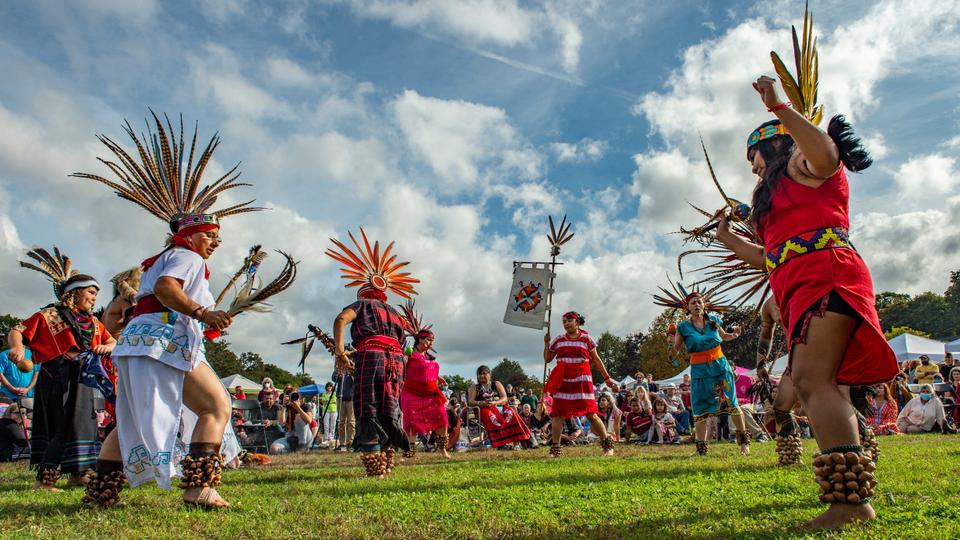Christopher Columbus’ arrival in Americas on October 12, 1492, began centuries of exploration and colonisation by European nations, bringing violence, disease, and other suffering to native people already living in the Western Hemisphere.Monday’s federal holiday dedicated to Christopher Columbus has once again highlighted the ongoing divide between those who view the explorer as a representative of Italian American history and others horrified by an annual tribute that ignores native people whose lives and culture were forever changed by colonialism.
Spurred by national calls for racial equity, communities across the US took a deeper look at Columbus’ legacy in recent years — pairing or replacing it with Indigenous Peoples’ Day.
On Friday, President Joe Biden issued the first presidential proclamation of “Indigenous Peoples’ Day,” the most significant boost yet to efforts to refocus the federal holiday celebrating Columbus.
But activists, including members of Native American tribes, said ending the formal holiday in Columbus’ name has been stymied by politicians and organisations focusing on Italian American heritage.
“The opposition has tried to paint Columbus as a benevolent man, similar to how white supremacists have painted Robert E Lee,” Les Begay, Dine Nation member and co-founder of the Indigenous Peoples’ Day Coalition of Illinois, said, referring to the Civil War general who led the Confederate Army.
Columbus’ arrival began centuries of exploration and colonisation by European nations, bringing violence, disease, and other suffering to native people already living in the Western Hemisphere.
“Not honoring Indigenous peoples on this day just continues to erase our history, our contributions, and the fact that we were the first inhabitants of this country,” Begay said.


Comment here